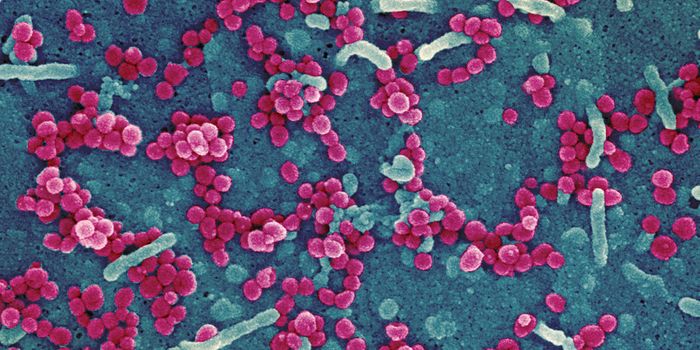How Farming Shaped the Immune System

Led by infectious disease specialist Mihai Netea at Radboud University Nijmegen Medical Centre, the study examined variants of immune genes from the Human Functional Genomics Project and measured cytokine levels produced when these genes interacted with different pathogens. These measurements were then used to devise a polygenic risk score that predicts inflammation severity to specific pathogens.
The researchers then examined ancient DNA sequences from hundreds of sets of human remains in Europe ranging from 45,000 to 2000 years ago, including farmers from today's Romania, and calculated their polygenic risk scores based on immune gene variants present in the samples. They found that pre-historic Europeans living in agrarian societies had lower polygenic risk scores, producing fewer cytokines and less inflammation in response to infection than hunter-gatherers.
Lower cytokine production is considered adaptive because it prevents an overly aggressive immune response known as a cytokine storm, where the immune system damages healthy tissue and becomes more dangerous than the pathogen itself. Cytokine storm was thought to be responsible for the high number of deaths in younger people during the Spanish influenza and has contributed to some COVID-19-related deaths.
Why was the development of agriculture associated with a more balanced immune response? The answer is likely from exposure to more diverse microbes and pathogens from animal and human sources. As early agricultural societies developed, people began to live in closer quarters to domesticated animals and to other humans, allowing for the increased spread of zoonotic pathogens, and those spread from person to person. As these diseases spread, those with relatively tempered immune reactions were more likely to survive and spread their genetic resistance to their offspring, while those who had extreme immune responses likely did not survive at the same rates. It's a reminder that nature's preference for certain genes changes based on changing environmental and lifestyle demands.








